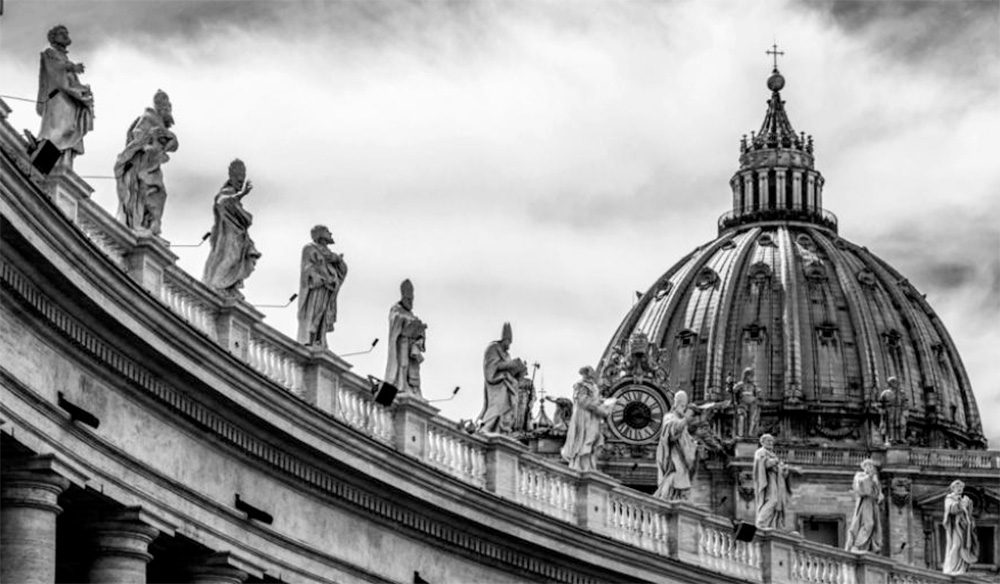In what’s being hailed as a demonstration that Pope Francis is in earnest about empowering women within ecclesiastical structures, on Feb. 5, for the first time ever, the pontiff named a woman as the Promoter of Justice for the Appeals Court of the Vatican City State.
In effect, the Promoter of Justice functions like a District Attorney in the United States, making the case for a criminal charge in front of the justices of the Vatican tribunal whenever a conviction comes up for appeal.
Pope Francis tapped Catia Summaria for the role, which runs for five years. Summaria, who hails from Bari in the southern Italian region of Puglia, previously served as a substitute Procurator General for the Appeals Court of Rome and has a long history of involvement in labour law issues. (That’s especially important since one of the functions of the appeals court is to hear cases arising from the Vatican’s labour office.)
The move is consistent with new rules for the Vatican legal system decreed by Pope Francis last year, which gives preference to university professors and veteran jurists in appointing judges and magistrates, on the theory that they already have their own careers and incomes, meaning they’re not Vatican lifers, and thus ought to be more independent.
Pope Francis has also named Sister Nathalie Becquart as one of two under-secretaries for the Synod of Bishops, which is also a first, but it may well be that Summaria’s new role is the more challenging one.
It’s certainly not mere tokenism, as the Vatican’s criminal justice system is becoming progressively more significant in the Pope Francis era. Whether Summaria, who’ll turn 74 in March, ends up regarding it as an honour or a headache, however, remains to be seen.
Historically, the Vatican’s Court of Appeals was a fairly sleepy outfit, handling only a few cases a year and with most of its judges doing double duty on the Roman Rota, the Vatican’s main ecclesiastical court, the majority of whose work is processing annulment cases. St. John Paul II abolished the requirement that the president of the Court of Appeals also is the dean of the Rota, and that its judges also be Rota judges, in 1987.
In recent years, the Vatican’s criminal courts have become more active, including high-profile prosecutions for financial offences. Immediately, Summaria will inherit an appeal filed by former Vatican bank president Angelo Caloia over his recent conviction in a fraud scheme involving selling bank properties at below-market rates and skimming the balance off the top. Continue reading
Additional reading
News category: Analysis and Comment.




